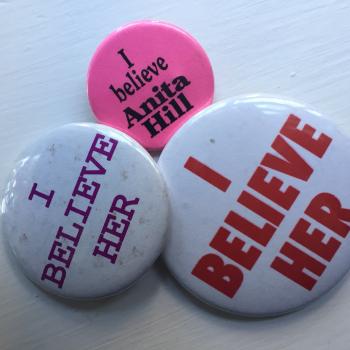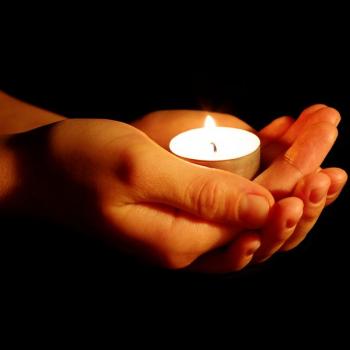
I remember being so ready to go college when my time came. I think my parents were ready too. I was the youngest and I think they were ready for the next stage of their life as much I was ready for the next stage of mine. We usually spoke on Sunday afternoons to catch up, but that was pretty much it.
I only lived at home again the summer after my first year of college and I was bored to tears. I remember my mom commenting that the challenge of raising independent children is that they don’t need you anymore.
Her comment is a bittersweet reminder that the goal of parenting is to raise children who will be successful adults.
I knew she was exceedingly proud of me, my independence, and the life I was building for myself. At the same time, I also recognized the tinge of sadness that was present alongside her pride when I pursued amazing opportunities to work at the Guggenheim in NY, or to live in Venice after college, or to study and work in places that took me far away from my family of origin.
This week, my oldest daughter and I went out on our first “college tour.” That rite of passage that so many middle-class parents undertake with our kids as we try to help them figure out the next stage in their lives.
We visited seven colleges in four days which meant a lot of walking tours of campuses and info sessions that started to meld together. At the end of each day, she and I would talk about what she thought were the strengths and weaknesses of each of the schools based on what she was looking for in a college experience. It was nice that she felt like she could have a good experience at four of them, it was also nice to mark three others off the list.
As a college professor and a mom, it was interesting to see so many schools and how they approach the question of “what is a liberal arts education.” I found myself wondering both “what would it be like to teach here” and “what will it be like for my daughter to go to college here”? There are many, many places to get a good college education across the country, but the experiences are unique and different choices will take her down different paths.
It was fun to watch my daughter’s confidence grow with each visit and her comfort level at asking questions increase. It was sometimes hard to keep my enthusiasm for a place in check as I tried to wait and let her take the lead on evaluating each school. I know my experience in higher ed is helping her to see things that many other kids and their parents might not see but, for the most part, she has done a really good job of figuring out what she wants in a college and she is now examining these schools to see how they measure up.
As a mom, I was delighted when we started to talk about what she wanted in a college several months ago and her top criteria included – big city (or access to one), economic and racial diversity, strong gender studies, and socially active/aware campus life. It was all I could do to not start jumping up and down, clapping my hands, and singing out “yes, yes, yes!” While those are the things I would choose now if I were going back to college, they aren’t the things I looked for at her age and I wasn’t really sure what she was looking for in a college experience.
It’s a super great feeling when your kid embraces and reflects your values. Not all kids do, even when parents do a really good job as parents (no parent-blaming/mom-blaming on this blog – ever!).
At the end of the trip, as we were driving home from the airport, we got to talking about religion. I don’t even remember what prompted it. All I really remember is the bomb she dropped when she said, “I’m pretty much agnostic.” She went on to talk about how its really hard to believe in a transcendent god or in anything sacred that is more than or beyond human action.
This is the kid who goes to two youth groups on Sunday (not the one at our church, of course – but the Methodist and Episcopal youth groups where her friends go)! She loves Montreat (week-long Presbyterian summer youth conference) and has been on countless mission trips and youth events throughout her life. We go to church together every Sunday and often discuss the service and sermon afterwards. We talk theology a lot.
In that one instant, I felt like a failure.
As a progressive Christian and a social ethicist whose life and work is focused on orthopraxy (how we live our faith) instead of orthodoxy (having the right beliefs), I have tried to teach her (in both word and deed) from her youngest days that Christianity is about how we live and understand our life in community not about what we believe about god, salvation, or creation.
And yet, it is the traditional and culturally dominant definition of Christianity and its insistence that Christianity is about “belief” that is shaping her identity.
I made myself breathe deep. I made myself just listen. I reminded myself that I am not a failure, that she is sixteen, and that the cultural definition of Christianity is really hard to challenge.
I reminded myself that she is a cis-gender woman who asked about transgender policies at every college we visited.
I reminded myself that she is a privileged white kid who wants to make sure that the campus she chooses is intellectually and socially engaged in issues of racial, gender, and social justice.
I reminded myself that she is living her faith in humanity and justice as I taught her to.
My response to her announcement of her agnosticism warrants continued reflection.
Stay tuned.












